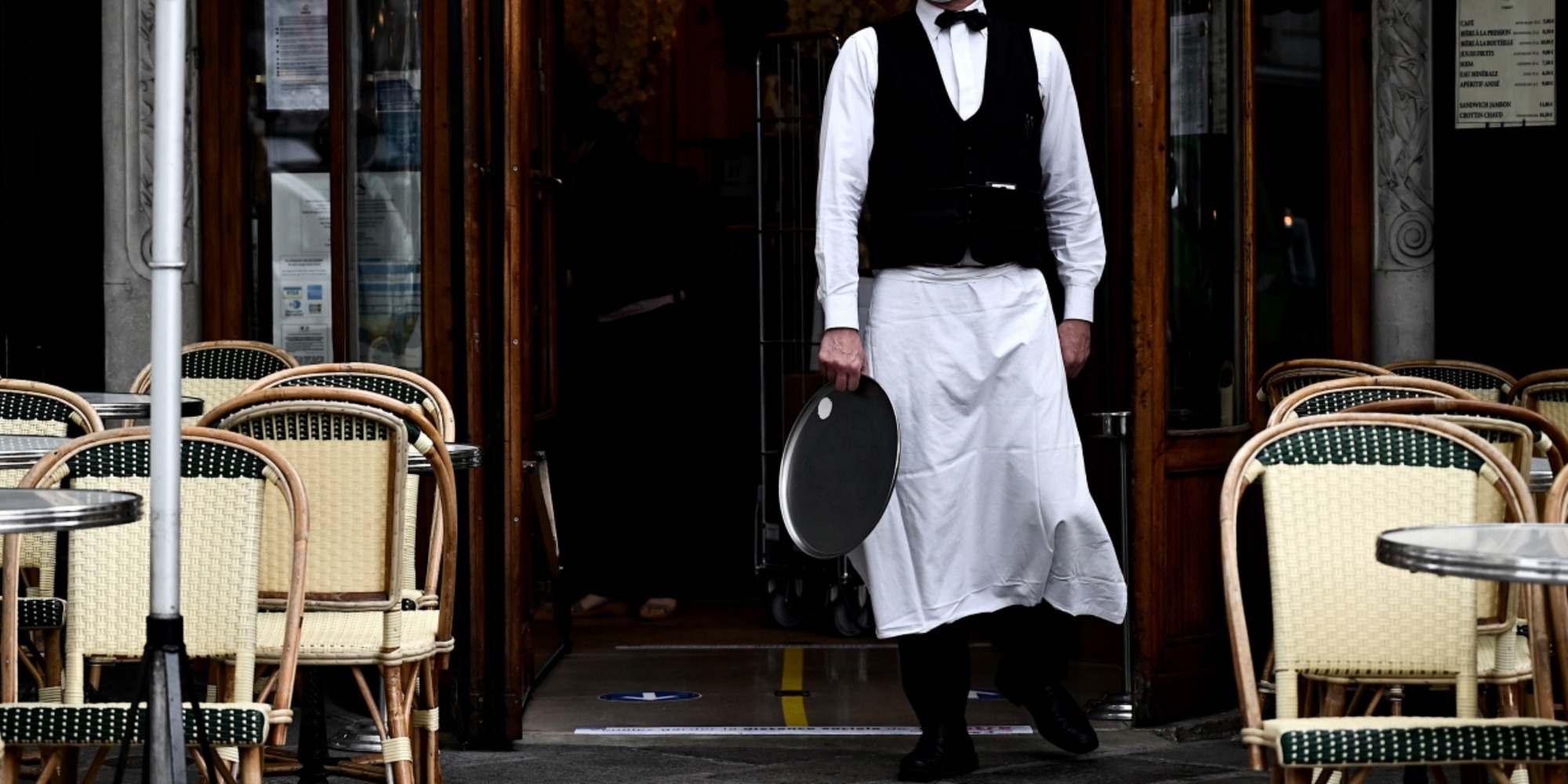The year 2020 ended with a very low number of business failures, despite the economic crisis following the health crisis.
Thanks to government aid, and in particular the introduction of partial unemployment, some companies have been able to save themselves.
But the return to normal in 2021 could be painful.
DECRYPTION
Since the onset of the coronavirus epidemic, France has been going through one of the worst economic crises in its history, notably with a recession of nearly 410% in 2020 ... And yet, companies have never been so few to declare bankruptcy: 32,000 last year, while for a dozen years, the average was between 50 and 60,000 bankruptcies per year.
Damage also limited on the employment front, thanks to the massive use of partial unemployment.
But in this area, the first cracks have appeared, with announcements of job destruction.
And that raises fears of a painful backlash for 2021.
>> Find Europe Matin in replay and podcast here
Because at present, the French economy remains on a drip.
A solidarity fund has absorbed part of the loss of turnover, directives were given to Urssaf not to sue companies that no longer pay in court.
However, these procedures alone are normally responsible for a quarter of bankruptcies in France.
Thanks to all these measures, France has therefore avoided a tsunami of bankruptcies.
"Zombie" companies on the precipice
But in 2021, we will no doubt have to sort out the companies that deserve to be saved and those whose artificial survival cannot be prolonged.
There are a large number of so-called "zombie" companies in France which should have gone bankrupt last year.
They are even closer to the precipice today.
The challenge for 2021 will be to prevent their failure from causing others in the wake, in short, that the freeze observed last year with public aid does not translate into a sudden thaw this year.
The concern for the executive is the same on the employment front.
Despite the aid they receive from the State for partial activity, companies are preparing workforce reductions.
Latest example: the Accor group, which announced last week its intention to cut 1,900 jobs, including 770 in France.
The argument put forward each time by these companies is the same: at the end of the crisis, business will not start again as before.
Hope: a rebound in activity thanks to vaccination
There are also SMEs, particularly in catering which, although benefiting from partial activity, can no longer make ends meet.
They have to pay the public holidays of their employees and their paid vacation - with help, but within the limit of 10 days ... And therefore begin to separate some of their employees.
The observation is the same as for bankruptcies: companies which were in bad shape before the crisis only obtained a reprieve.
For them, it is written in advance: the end of aid will trigger bankruptcy and layoffs.
This is the whole limit of the system set up at the start of the crisis and for which more than 30 billion euros have been spent to date.
In November (the last month for which the figures are known), it still concerned nearly 3 million employees.
The only hope now is a rebound in activity.
And this rebound is directly linked to the acceleration of vaccination, which has become the barometer of our economy.

